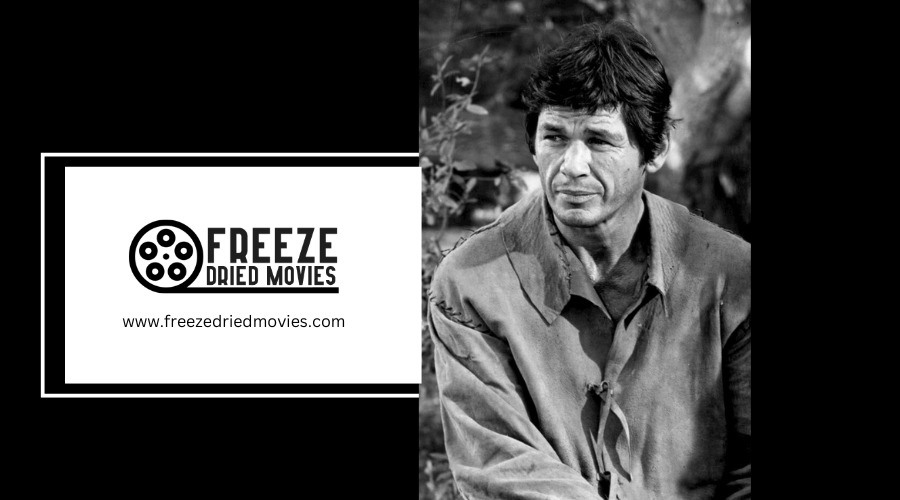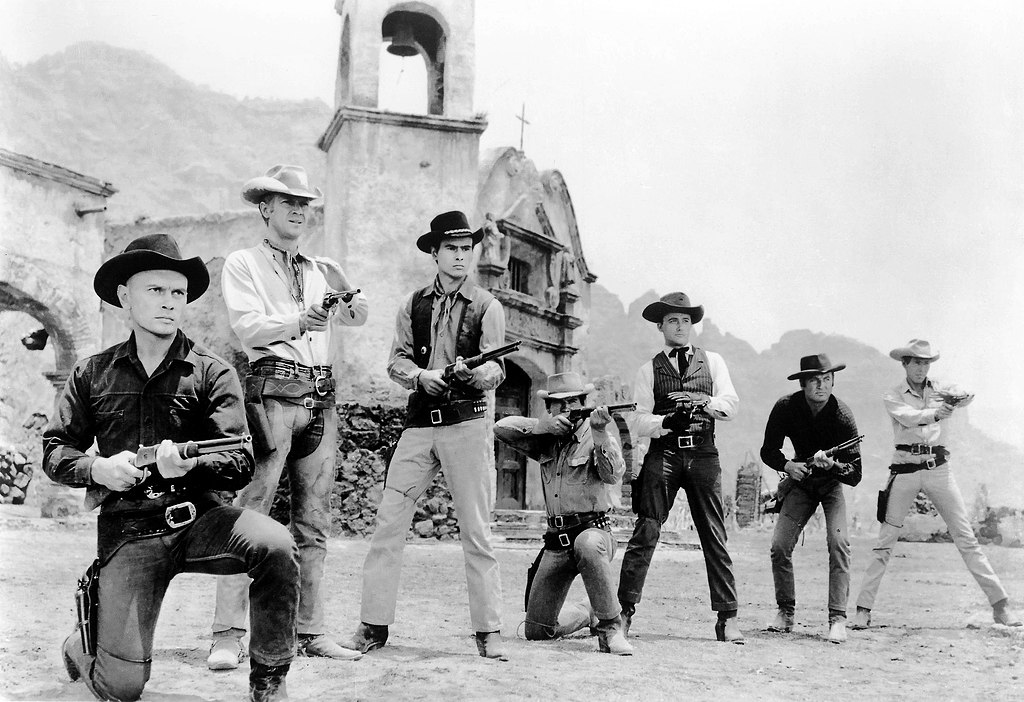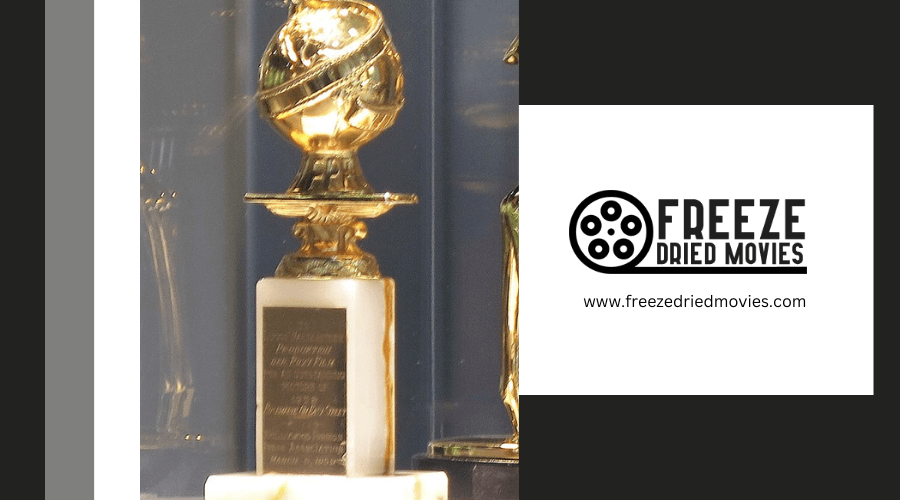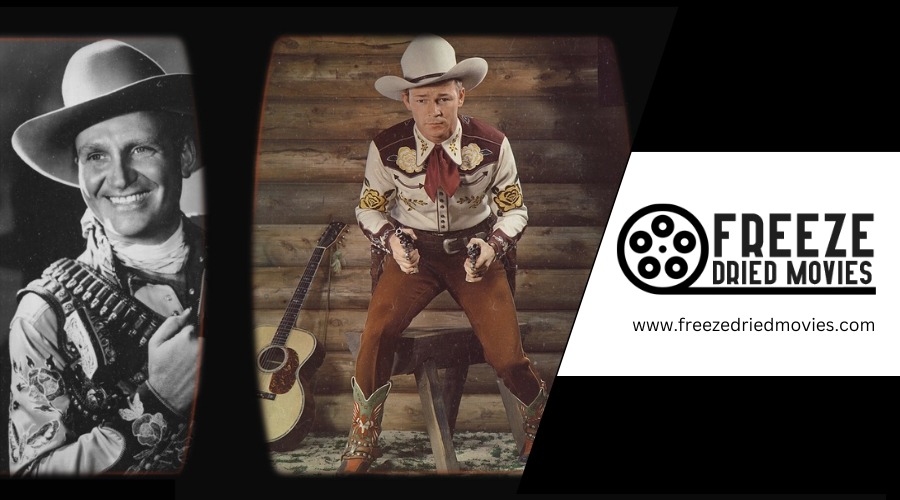Charles Bronson: Grit and Gunfights in the Golden Age of Westerns

Charles Bronson's steely gaze and commanding presence defined Western cinema's golden age. You'll recognize his evolution from menacing villain to principled hero in classics like "Once Upon a Time in the West" and "The Magnificent Seven." His ability to convey complex emotions with minimal dialogue made him unforgettable as gunslingers, outlaws, and frontier justice-seekers. From his methodical vengeance in "Chato's Land" to the suspenseful "Breakheart Pass," Bronson's legacy extends far beyond his famous squint.
Key Takeaways
- Bronson's steely gaze and commanding screen presence defined Western characters with minimal dialogue but maximum impact.
- His transformation from villainous roles to principled protagonists showcased his exceptional range in the Western genre.
- "Once Upon a Time in the West" cemented Bronson's legacy through his iconic performance as the revenge-seeking Harmonica.
- Bronson portrayed diverse Western characters including outlaws, heroes, Mexican revolutionaries, and Native American warriors.
- In films like "Chato's Land" and "Breakheart Pass," Bronson embodied frontier justice and moral complexity in untamed landscapes.
The Masterful Intensity of Bronson's Western Characters
Invariably, when you think of Charles Bronson in Westerns, what comes to mind is the steely gaze that could silence a saloon. His magnetic performances defined the Western genre, bringing unforgettable intensity to every role he tackled. You'll find no one more versatile in Western movies, whether portraying fierce outlaws, noble heroes, Mexican revolutionaries, or Native American warriors.
What set Bronson apart was his ability to infuse each character with empathetic depth. In standout films like Guns of Diablo, he commanded the screen with minimal dialogue, letting his expressive eyes and physical presence speak volumes. When faced with a tense showdown or frontier violence in films like Chuka and Chatau, Bronson delivered performances that transcended typical Western archetypes, creating characters that were both raw and nuanced. Unlike John Wayne who created his persona through B-grade Westerns before breaking through, Bronson's intensity was evident from his earliest appearances on screen.
From Villain to Hero: Bronson's Range in Western Films
The remarkable versatility of Charles Bronson's Western career traces a fascinating evolution from menacing antagonist to principled protagonist. You'll notice his transformation began with smaller villainous roles before he gradually shifted to playing the stoic hero audiences came to love.
His defining moment came in Sergio Leone's "Once Upon a Time in the West," where he portrayed Harmonica, a mysterious avenger opposite Henry Fonda's cold-blooded villain. This role showcased Bronson's ability to command the screen with minimal dialogue, relying instead on his intense presence and expressive eyes.
As studios recognized his appeal, Bronson became one of Hollywood's most bankable Western stars. His characters often represented justice in a lawless frontier, embodying the moral complexity that made the genre so compelling during its golden age. Similar to Wayne's portrayal in "The Searchers," Bronson's characters demonstrated that American heroism could be complex and morally ambiguous rather than simplistically virtuous.
Chato's Land: Survival and Vengeance in the Frontier
Among Bronson's most powerful performances, his turn as Pardon Chato in the 1972 film "Chato's Land" stands as a masterclass in minimal dialogue and maximum impact. This Classic Western pits the mixed-race protagonist against Confederate vigilantes who hunt him after he kills in self-defense.
You'll witness Bronson's character transform from civilized man to primal survivor as he methodically eliminates his pursuers through brutal frontier justice. The film doesn't waste time establishing Chato as a sympathetic figure fighting against cruel injustice, making it a truly memorable Western in Bronson's catalog.
With sweeping landscapes, a stirring soundtrack, and Bronson's commanding presence, "Chato's Land" delivers a raw tale of survival that forces you to confront the moral complexities of vengeance in the untamed West. Much like the character-driven narrative of Fort Apache, this film explores complex themes of authority and resilience within a harsh frontier setting.
The Magnificent Seven and Beyond: Ensemble Brilliance

While many actors shine brightest in solo leading roles, Charles Bronson elevated ensemble Westerns with his magnetic screen presence and laconic intensity. His portrayal of the morally-conflicted gunfighter in The Magnificent Seven stands as one of the greatest performances in the genre, defending a poor Mexican village with stoic determination.
Bronson's versatility is on full display as the mercurial Telco in Chuka, where he transcended typical heroic constraints. As Pardon Chato, he delivered a raw, instinctive performance that earned viewer sympathy through minimalist expression. His commanding turn as a wagon master in Guns of Diablo showcased the intensity that John Ford might've appreciated in a Western hero.
Despite sharing the screen with other stars in The Magnificent Seven, Bronson was able to steal the show with his memorable performance as Bernardo O'Reilly.
Bronson's remarkable ability to embody diverse Western archetypes—from fierce outlaws to noble defenders—cemented his status as a multifaceted icon.
Breakheart Pass: Mystery and Suspense on the Western Rails
Snowbound rails and mounting suspense define Charles Bronson's remarkable turn in Breakheart Pass, a film that brilliantly merges Western grit with classic mystery elements. Unlike the straightforward heroics of John Wayne or Gary Cooper, Bronson's character operates in murky moral territory, investigating a conspiracy while trapped on a train cutting through remote wilderness.
You'll appreciate how director Tom Gries crafts thrilling chase sequences against dramatic mountain backdrops, showcasing Bronson's versatility beyond typical frontier violence. While James Stewart often portrayed conflicted Western characters, Bronson delivers a uniquely hardened performance that still reveals surprising depth.
The film's innovative blend of suspenseful detective work and frontier action demonstrates why Bronson deserves recognition alongside his contemporaries, offering you an invigorating twist on Western conventions through its snowbound, claustrophobic setting.



